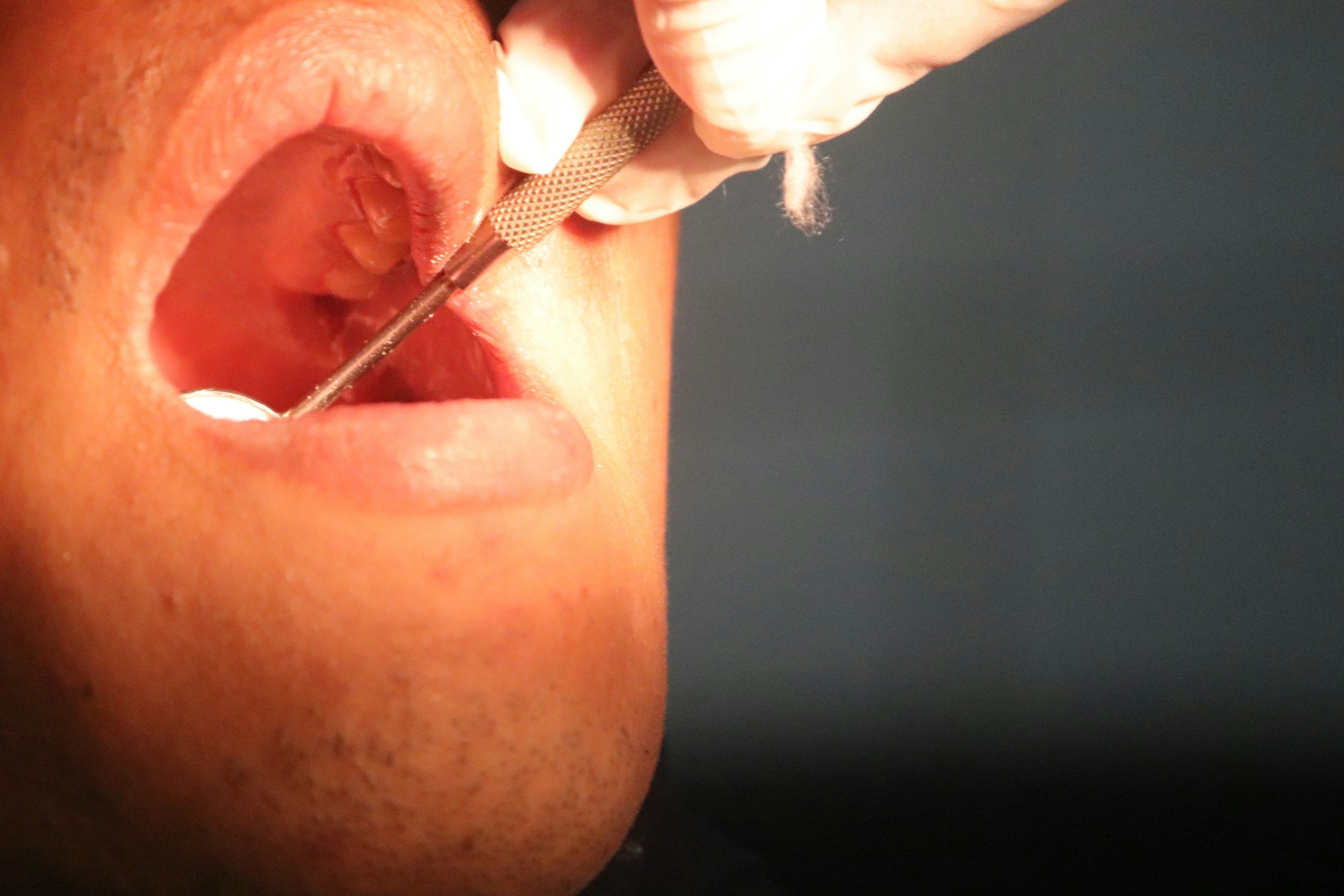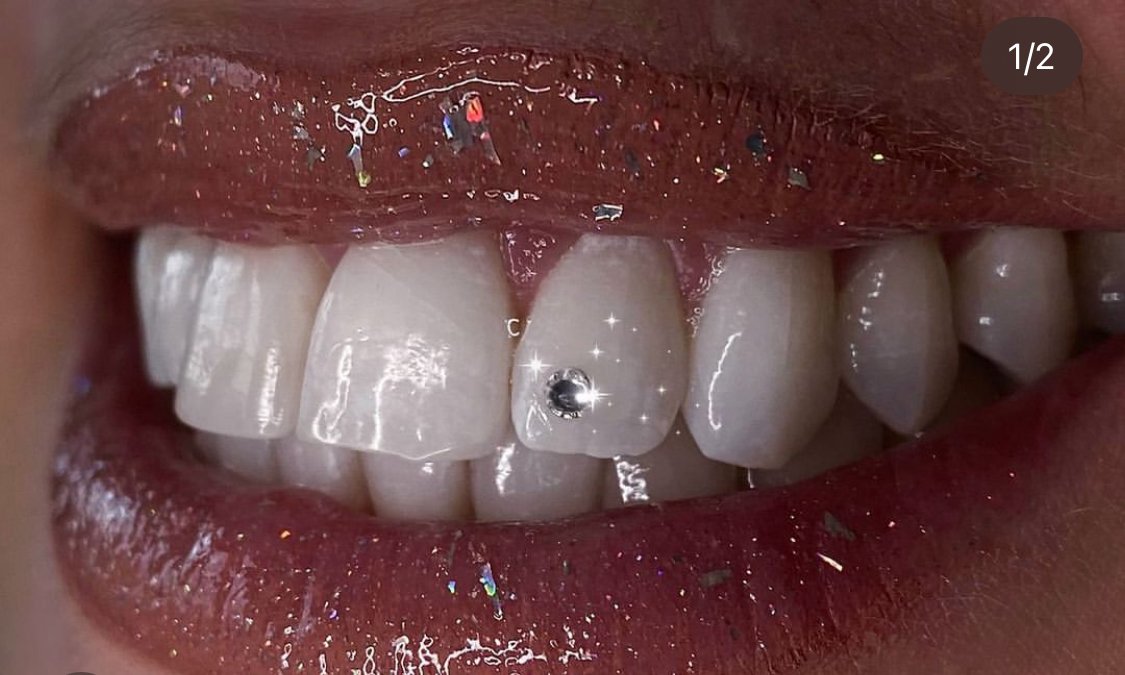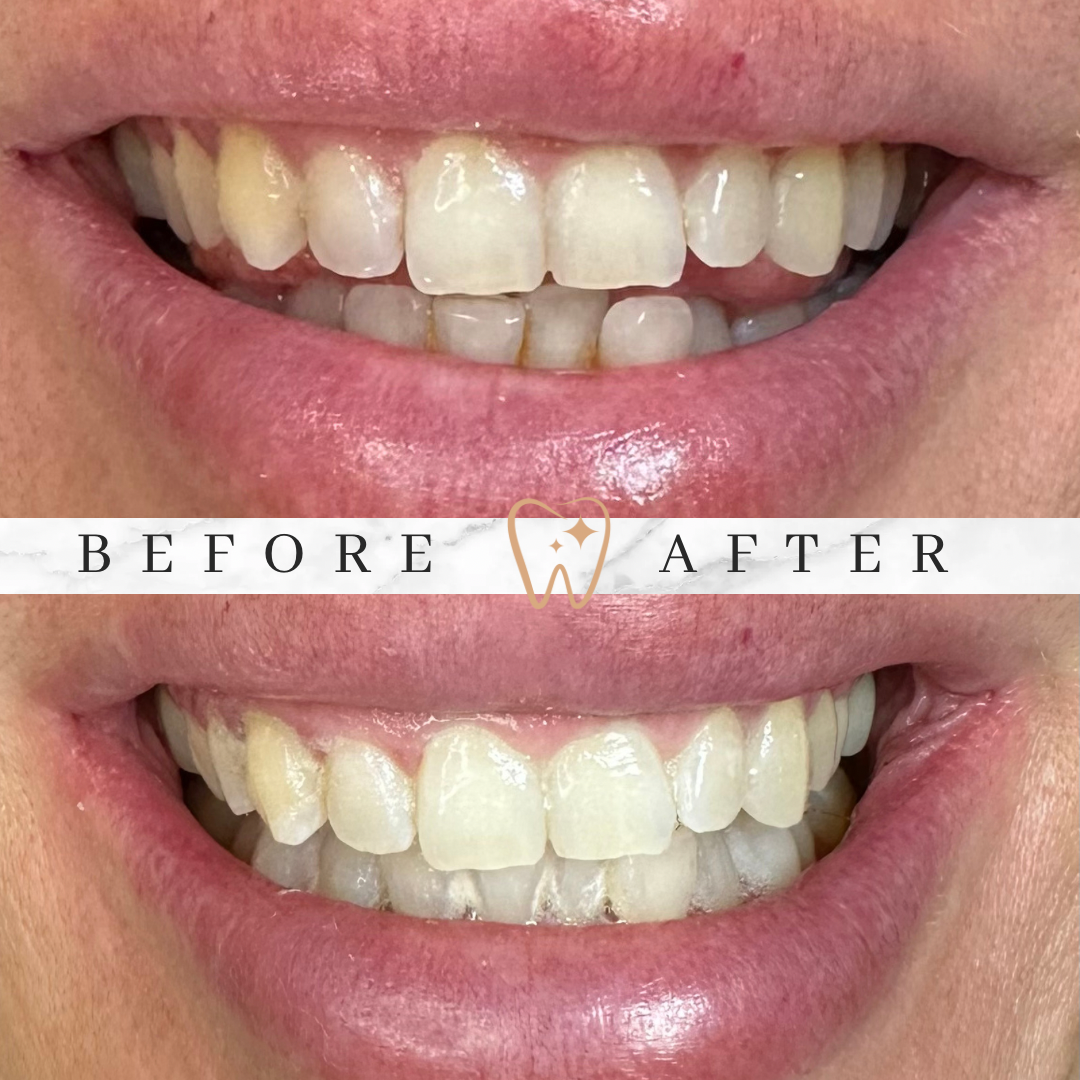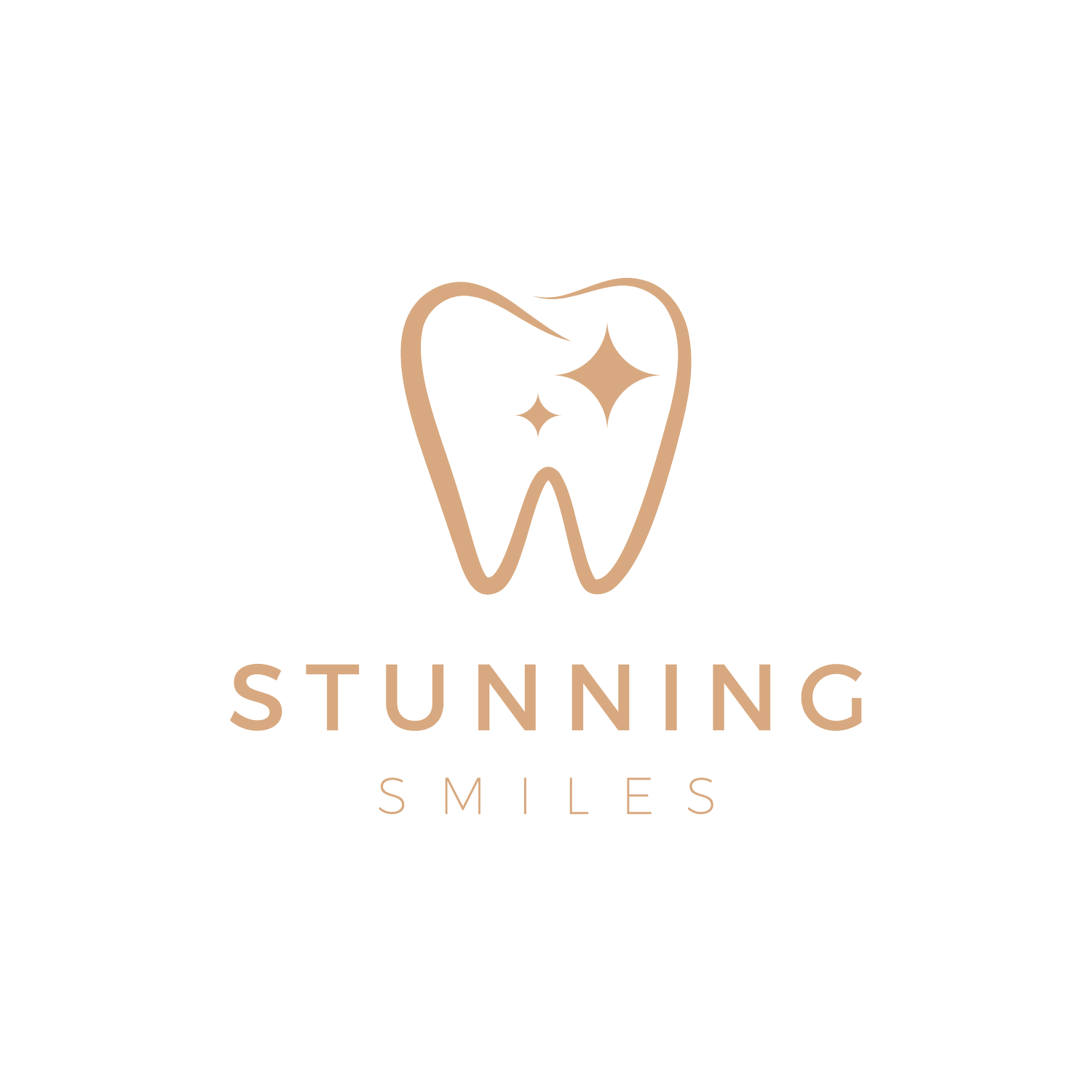
Choosing the right toothpaste for your child is a crucial step in supporting their oral health. By selecting age-appropriate products and encouraging good brushing habits, you set the foundation for a lifetime of healthy smiles. So next time you’re at the store, remember that the right toothpaste isn’t just about a pleasant flavor—it’s a key component of your child’s overall dental care.

Navigating Teeth Whitening Services: Spotting Real Results and Making Informed Choices

Celebrating Dental Health Week 2024: Tips for a Brighter Smile
As we step into 2024, it’s the perfect time to focus on one of the most important aspects of our overall health: our dental hygiene. Dental Health Week, which runs from August 19th to August 25th this year, is an annual observance dedicated to raising awareness about oral health and promoting practices that help us maintain our brightest and healthiest smiles. This year's theme, "Smile Bright, Live Bright," encourages everyone to consider how taking care of our teeth contributes to our overall well-being. Here’s why Dental Health Week is worth celebrating and how you can make the most of it.
Why Dental Health Matters
Oral health goes beyond just having a white smile. Good dental hygiene is crucial for several reasons:
Preventing Cavities and Gum Disease: Regular brushing and flossing help remove plaque, the sticky film of bacteria that can lead to cavities and gum disease. Without proper care, these conditions can progress and lead to more severe health issues.
Maintaining Overall Health: Poor oral hygiene has been linked to various health conditions, including heart disease, diabetes, and respiratory infections. Keeping your mouth healthy can help reduce your risk of these and other systemic health problems.
Boosting Self-Confidence: A clean, healthy smile can significantly enhance your self-esteem and social interactions. Dental Health Week is an opportunity to focus on practices that ensure your smile remains its best.
Tips for a Healthier Smile
This Dental Health Week, why not make a commitment to improve your oral care routine? Here are some practical tips to help you achieve optimal dental health:
Brush Twice a Day: Use fluoride toothpaste and brush your teeth for at least two minutes each time. Don’t forget to brush your tongue as well, as bacteria can accumulate there.
Floss Daily: Flossing helps remove food particles and plaque from between your teeth and under your gumline, areas your toothbrush can’t reach. Make it a habit to floss before bedtime.
Use Mouthwash: An antimicrobial mouthwash can help reduce plaque, prevent gum disease, and freshen your breath. Choose a mouthwash that is ADA-approved for added assurance of its effectiveness.
Stay Hydrated: Drinking water not only helps wash away food particles but also keeps your mouth hydrated. Saliva is a natural defense against cavities and gum disease, so staying hydrated supports its production.
Limit Sugary Snacks and Drinks: Sugar feeds the bacteria that cause tooth decay. Try to limit sugary snacks and beverages, and opt for healthier choices like fruits, vegetables, and whole grains.
Visit Your Dentist Regularly: Regular check-ups and cleanings are essential for maintaining oral health. Your dentist can detect early signs of issues and provide professional cleanings that remove tartar buildup.
Wear a Mouthguard: If you play sports or grind your teeth at night, consider investing in a mouthguard to protect your teeth from injury and wear.
Educational Events and Activities
Dental Health Week is not just about personal care but also about community education. Many dental clinics and health organizations host events to raise awareness and provide valuable information. Look out for:
Free Dental Screenings: Some clinics offer free or discounted dental exams and cleanings during this week.
Workshops and Webinars: Attend educational sessions on topics like nutrition for dental health, advanced oral care techniques, and the link between oral health and overall health.
Social Media Campaigns: Follow dental health organizations on social media for tips, infographics, and interactive content to keep you engaged and informed.
Join the Conversation
Participate in Dental Health Week by sharing your own oral care tips and experiences on social media. Use hashtags like #DentalHealthWeek2024 and #SmileBrightLiveBright to join the broader conversation and inspire others to take charge of their dental health.
As we celebrate Dental Health Week 2024, let’s remember that a healthy smile is a reflection of a healthy lifestyle. By incorporating these practices into your daily routine and participating in community events, you can contribute to your well-being and help spread the message of good oral hygiene. Here’s to a week of bright smiles and healthy habits!

The Truth About Charcoal Toothpaste: Why It Might Not Be Your Best Whitening Choice
The Truth About Charcoal Toothpaste: Why It Might Not Be Your Best Whitening Choice

The Hidden Risks of Oral Piercings: What You Need to Know
**The Hidden Risks of Oral Piercings: What You Need to Know**
Oral piercings have become increasingly popular as a form of self-expression, with many opting for tongue, lip, or cheek piercings to enhance their appearance. While these piercings may seem like a trendy way to accessorize, they come with significant risks, especially when it comes to your oral health. Let's explore the potential dangers associated with oral piercings and why it's crucial to weigh these risks before getting pierced.
**1. Increased Risk of Infection**
One of the most immediate concerns with oral piercings is the heightened risk of infection. The mouth harbors a vast array of bacteria, and piercing the tongue, lips, or cheeks creates an open wound that can easily become infected. Infections can lead to swelling, pain, and in severe cases, abscesses that may require medical intervention.
**2. Damage to Teeth and Gums**
Oral piercings can also cause physical damage to teeth and gums. Constantly playing with or biting down on oral jewelry can result in cracked or chipped teeth. The metal or acrylic balls and studs used in piercings can rub against the gums, causing irritation, recession, and potentially leading to gum disease over time.
**3. Interference with Oral Function**
Tongue piercings, in particular, can interfere with normal oral functions such as speaking, chewing, and swallowing. Swelling and discomfort after getting a tongue piercing can make these everyday activities challenging and may require a period of adjustment. In some cases, excessively large or improperly placed oral jewelry can obstruct the airway, posing a risk of choking.
**4. Oral Health Complications**
Piercings can create a breeding ground for bacteria and make it difficult to maintain proper oral hygiene. Food particles and plaque can easily accumulate around oral jewelry, increasing the risk of tooth decay and gum disease. Additionally, piercings can cause chronic irritation to the soft tissues of the mouth, leading to chronic inflammation and discomfort.
**5. Potential Allergic Reactions**
Some individuals may experience allergic reactions to the metals used in oral jewelry, such as nickel or cobalt. Allergic reactions can manifest as swelling, itching, or redness around the piercing site and may require removal of the jewelry to alleviate symptoms.
**6. Long-term Health Concerns**
While the immediate risks of oral piercings are concerning, there are also potential long-term health implications to consider. Chronic inflammation and irritation from oral piercings can contribute to the development of oral cancers or other serious oral health conditions over time.
**Conclusion**
While oral piercings may be a popular fashion statement, it's important to understand and weigh the potential risks they pose to your oral health. Before deciding to get an oral piercing, carefully consider the implications discussed above and consult with a reputable piercing professional and your dentist. If you already have oral piercings, diligent oral hygiene practices and regular dental check-ups are essential to minimize the risks and maintain your oral health. Remember, making informed decisions about your body and health is always in style.

The Surprising Link Between Oral Health and Sexual Health
Gum Disease and Its Implications
Research suggests that gum disease, such as gingivitis and periodontitis, may be linked to certain sexual health issues. The bacteria responsible for gum disease can enter the bloodstream through inflamed gums. Once in the bloodstream, these bacteria can travel to other parts of the body, potentially contributing to inflammation and infection in the genital area. For instance, in men, gum disease has been associated with erectile dysfunction (ED). While the exact mechanisms are still being studied, the correlation underscores the importance of oral health in overall bodily health.
Oral Health and Sexual Intimacy
Beyond the physiological connections, there are practical considerations for oral health and sexual intimacy. Poor oral hygiene can lead to bad breath, which can be a turn-off and impact your confidence during intimate moments. Additionally, the transmission of oral infections through kissing or oral sex is a real concern. Sexually transmitted infections (STIs) such as herpes, gonorrhoea, and HPV can be transmitted through oral contact, highlighting the need for both partners to maintain good oral hygiene and communicate openly about their health.

The Connection Between Hormones and Oral Health: What You Need to Know
hormones and oral health

Protecting Your Smile: The Importance of Sports Mouthguards and Why Custom Fit Matters
sports mouthguards to protect your smile

Whitening Before Major Dental Work: Veneers and Resin Bonding
Whitening Before Major Dental Work: Veneers and Resin Bonding

The Efficacy of Fissure Sealants on Children's Teeth: A Comprehensive Guide

The Impact of Dummy Use on Children's Teeth: What Parents Need to Know

Understanding Tooth Sensitivity During Teeth Whitening: Causes, Prevention, and Professional Help
Protecting Your Smile: The Importance of Sports Mouthguards and Why Custom Fit Matters

Sparkling Smiles: A Guide to Tooth Gem Maintenance
Sparkling Smiles: A Guide to Tooth Gem Maintenance

The Perils of Nail Biting and Using Teeth as Tools: A Dental Health Wake-Up Call
The Perils of Nail Biting and Using Teeth as Tools: A Dental Health Wake-Up Call

Brighten Your Smile Safely: The Benefits of Teeth Whitening
Brighten Your Smile Safely: The Benefits of Teeth Whitening

The Truth About Teeth Whitening Sensitivity: Debunking Myths and Ensuring Safe, Bright Smiles
Teeth whitening is one of the most popular cosmetic dental procedures, promising a brighter, more confident smile in just a few sessions. However, concerns about sensitivity often deter people from pursuing whitening treatments. Let's uncover the truth behind teeth whitening sensitivity, dispel common myths, and assure you that whitening is ultimately safe for most individuals.

The Bittersweet Truth About Coffee and Teeth: How to Enjoy Your Brew Without Staining Your Smile
What is your morning ritual really doing to your smile?

The Lowdown on Veneers vs. Teeth Whitening: Understanding the Risks and Benefits
When it comes to enhancing your smile, understanding the risks and benefits of different cosmetic dental procedures is crucial. While veneers offer instant results and can address multiple cosmetic concerns, they come with permanent alterations and higher costs. On the other hand, teeth whitening provides a natural and less invasive option for achieving a brighter smile, albeit with temporary results.

The Price of a Dazzling Smile: Why Professional Teeth Whitening Costs More
The Price of a Dazzling Smile: Why Professional Teeth Whitening Costs More

The Sweet Debate: How a Sugar Tax on Soft Drinks Could Impact Healthy Eating and Dental Health
The Sweet Debate: How a Sugar Tax on Soft Drinks Could Impact Healthy Eating and Dental Health

